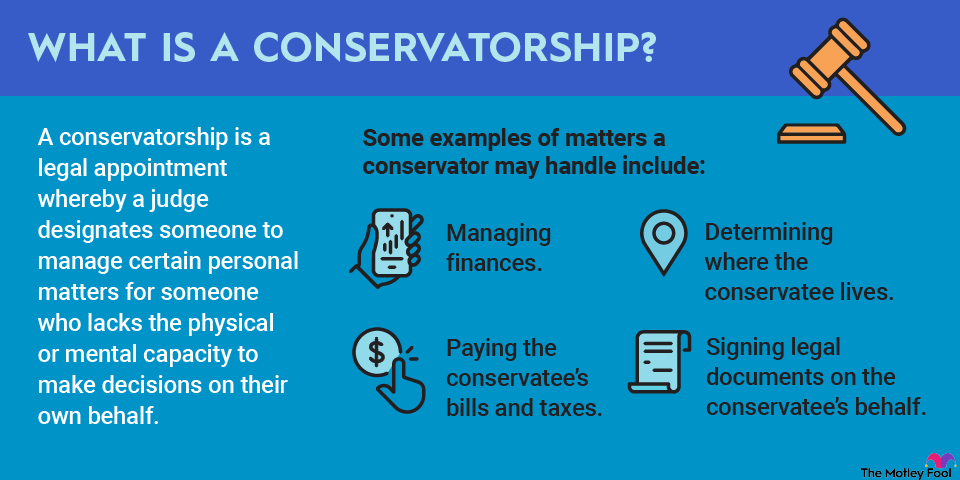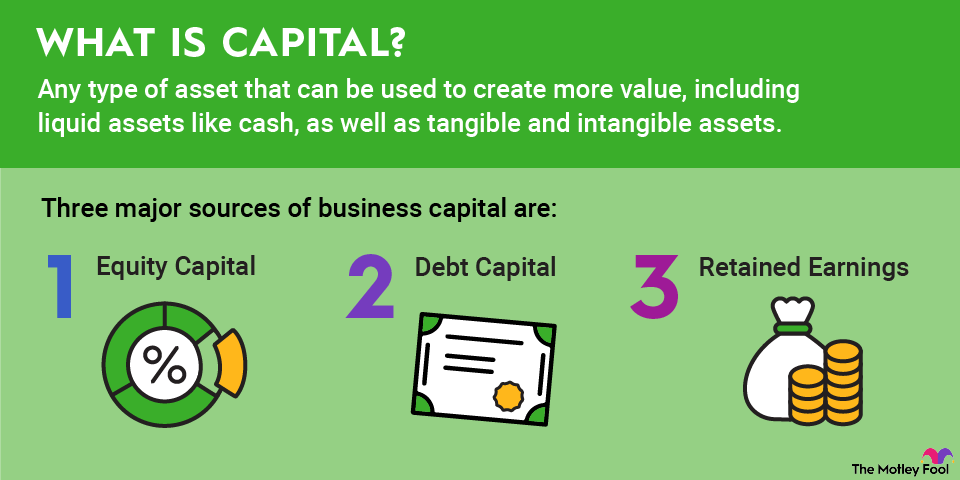Getting a construction bond
Contractors needing to secure a bond may contact a surety company directly or work with a surety broker. Either can describe the bond application requirements based on the situation.
To apply for a bond, contractors may need to submit the following information:
- Financial statements -- larger projects may require CPA-prepared statements.
- Project information.
- Credit history.
- Information on concurrent bonded projects.
- Description of prior experience on similar projects.
- Prior bond claims history.
The surety will review the information to assess the contractor's financial strength and creditworthiness. The surety will likely set two bond limits for the contractor: a single-project limit and an aggregate limit. The single-project limit is the maximum size bond the surety will allow for the contractor. The aggregate limit is the total amount of bonded work the contractor can have at once.
For example, a contractor might have a single limit of $250,000 and an aggregate limit of $1,000,000. In this case, the contractor can obtain multiple bonds if each is $250,000 or less and the total bonded amount is not higher than $1,000,0000.
For each bond secured, the contractor will pay a small percentage of the bond amount as a fee to the surety.
Construction bond types
Types of construction bonds include:
- Bid bond. Government agencies usually require contractors to submit bid bonds when participating in competitive bidding. The bid bond compensates the project owner if the awarded contractor does not start the project or fails to complete requirements before starting the project.
- Performance bond. A performance bond guarantees work quality and fulfillment of other terms and conditions. Awarded contractors must replace the bid bond with a performance bond before work begins.
- Payment bond. A payment bond guarantees that the contractor can pay workers, subcontractors, and suppliers. Government projects typically require contractors to provide a payment bond and a performance bond.
- Maintenance/warranty bond. Maintenance bonds pay for repairs caused by faulty workmanship. The bond accepts claims for a designated timeframe only.
- Mechanic's lien bond. A mechanic's lien bond transfers a mechanic's lien from the property and ties it to the bond instead. Unpaid contractors, subcontractors, and workers can file a mechanic's lien to ensure they get paid if the property is sold.
- Supply bond. Suppliers provide supply bonds to protect against supplier default. A project owner or general contractor may request a supply bond on big jobs with large or specific materials requirements.
- Completion bond. Completion bonds may compensate the obligee if the contractor does not finish the project on time and without liens.]
Related investing topics



















